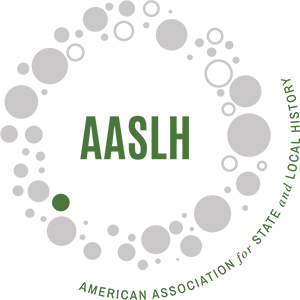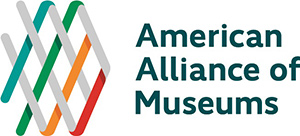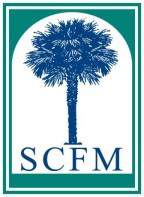Archaeological Field School at Fort Hill
During the first summer session of 2018, the archaeological excavation of Fort Hill began in the form of an introductory archaeological field school. Dr. David Markus undertook the site as his first of many projects on Clemson University’s campus. The project aims to uncover the histories that have yet to be told of the more than 139 enslaved African Americans who occupied the plantation from 1803-1865.
Investigation into these untold histories begins with examining domestic spaces. At Fort Hill, these domestic spaces would have existed in the form of several outbuildings. These outbuildings, now lost, would have consisted of a smokehouse, laundry, a living space for the enslaved cook, as well as the wooden quarters for the enslaved domestic laborers. During the construction of the college, these buildings were torn down without detailed documentation; however, history remains in the soil well after physical structures have been removed.
The Fort Hill Archaeological Project has allowed for the recovery of a large amount of archaeological materials dating to the early college period. While a significant amount of material has been collected, very little personal effects from the African-American population enslaved on the campus have yet to be identified. The excavated materials will contribute to the research into the lives and stories of the African-Americans at Fort Hill conducted by Historic Properties, as well as sharing the full and complete history of Clemson University to the public.
Interested in Archaeology?
The field school, course-listed as ANTH 4350, is an upper-level course on excavation techniques offered through the Department of Sociology, Anthropology, and Criminal Justice. While this class fulfills a “Practicing Anthropology” credit for Anthropology majors, it has no prerequisites. This course is available for any Clemson University student to enroll in with approval from Dr. Markus.












